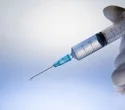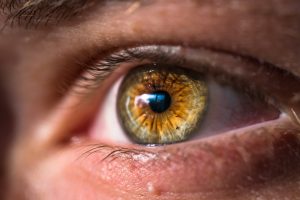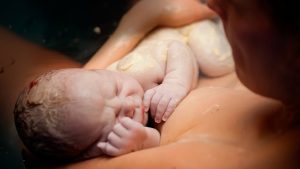The aim of the current investigation was to determine the immunomodulatory effects of pre-vaccination with Mycobacterium bovis BCG on following vaccination with SARS-CoV-2 spike protein expressing i.n. Ad, or Ad (Spike).
The scientists created a replication-deficient human adenovirus serotype 5 that expressed the full-length S-protein of the SARS-CoV-2 ancestor strain and was codon optimized for expression in mouse and human cell lines in order to evaluate the long-term protection provided by intramuscular vaccination. The researchers administered median tissue culture infectious dose (TCID50) Ad or phosphate-buffered saline (PBS) intranasally to female C57BL/6 mice as a vaccine (Spike).
It was also investigated how well a BCG prime-boost vaccination schedule worked. One month prior to intramuscular immunization, 106 colony-forming units (CFU) of the BCG strain carrying an empty plasmid (BCG(e)) were administered intraperitoneally (i.p.) to female C57BL/6 miceAd (Spike)-immunized mice showed a significant decrease in the production of infectious SARS-CoV-2 in oral samples two months after immunization. However, virus titers found in vaccine participants were comparable to those found in uninfected mice when they were exposed to SARS-CoV-2 six months after vaccination.
Also, six months after immunization, the lungs of the infected were evaluated for infectious virus titers and SARS-CoV-2 ribonucleic acid (RNA). Contrary to what was shown in mice challenged two months after immunization, which indicated considerable differences, the data showed no statistically significant difference from those of uninfected mice. These findings suggested that the protection against infection brought on by a single Ad(Spike) vaccination dosage was transient and waned over time.
absence of a significant drop in viral titers or viral load RNA in lungs or oral swabs of BCG-vaccinated mice relative to PBS controls confirmed that the BCG vaccine did not elicit remarkable non-specific protection to infected mice. One Ad(Spike) dose could decrease infectious viral particles in oral swabs one and three days after infection. However, mean viral titers were considerably lower among animals that were BCG-pre-immunized.





